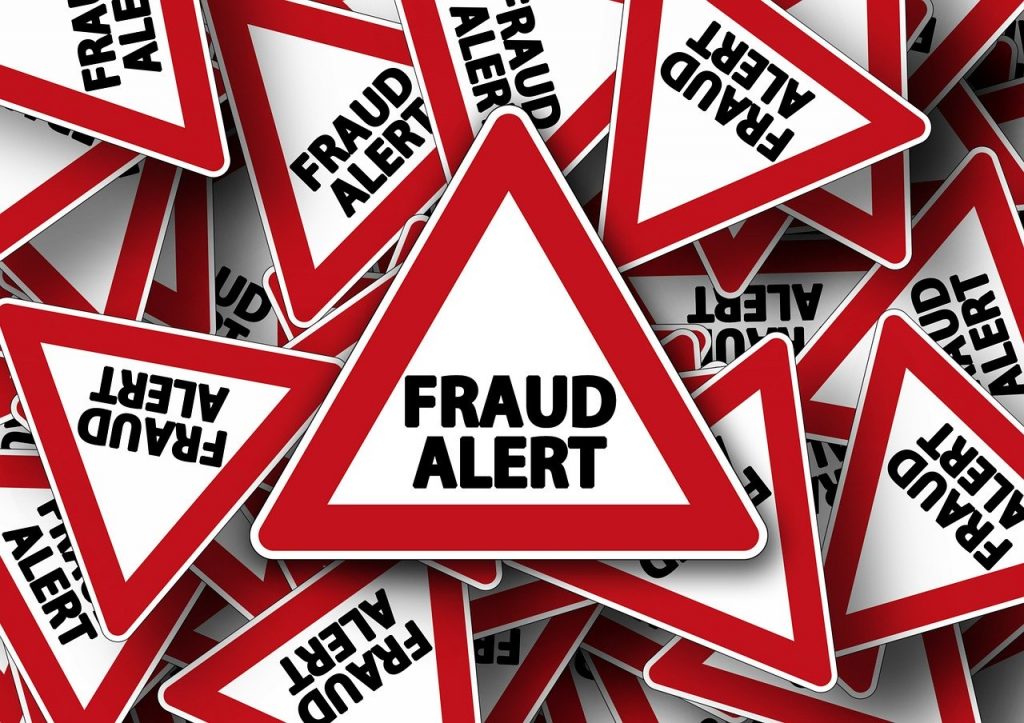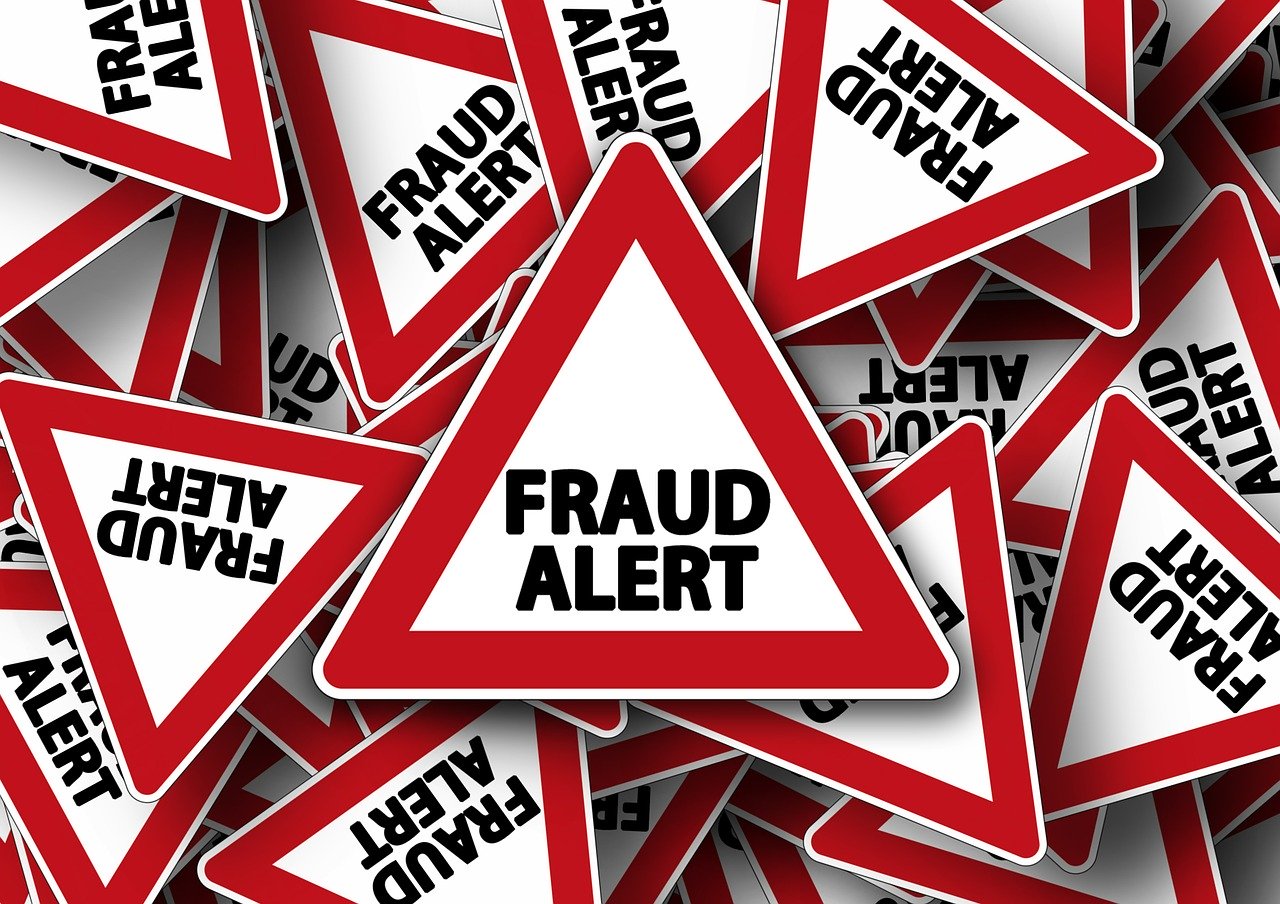
Have you encountered scams during COVID-19?
In any emergency, a certain number of bottom-feeding scammers come out of the woodwork to cheat hurting people out of relief money, mortgages, and more. In the age of coronavirus relief, financial bailouts, and government stimulus checks, it’s important to be vigilant about your personal data and how you respond to unsolicited calls, texts, social media posts, and emails.
The scams we’re discussing here are not new, but there are endless variations on them including those tailored to exploit those financially hurting due to layoffs, furloughs, and lockdown measures associated with limiting the spread of COVID-19.
The potential for loss due to such schemes is high at present; with more states reopening or partially re-opening, there is a great deal of confusion associated with relief measures, stimulus money, and economic security. That confusion is something fraudsters rely heavily upon to ply their illegal trade.
Natural Disaster Scams
The IRS official site warns of con artists operating in times of natural disasters such as the May 2020 flooding in Michigan, coastal hurricanes, forest fires, etc. These scams usually begin with unsolicited contact through email, text, social medial, phone calls, robocalls, etc.
Many pretend to work for government agencies and as a result sow much confusion among those trying to recover. How do these scammers operate?
- Scammers pretend to be representatives of charities in order to get you to give money or personal information;
- Scam websites using names “similar to legitimate charities” to get money or private data such as your Social Security Number, home address, etc.;
- Some pretend to be contacting you on behalf of the IRS; sometimes these scams are to scare you into sending money to prevent disaster-related legal action, and other scams involve requests for money to help you apply for disaster relief claims, receive tax refunds, stimulus money, etc.
Never respond to ANY unsolicited contact for money, information, or “help”.
Taxpayer Schemes
Scammers have innovated a new twist on an old Social Security Number con game; this version involves you being called, texted, emailed, or otherwise contacted out of the blue with threats that your Social Security Number will be “canceled”. This is not possible. According to IRS literature, these con artists “may mention overdue taxes in addition to threatening to cancel the person’s SSN.”
When you get calls like this, hang up, do not reply to emails or texts, etc. The Internal Revenue Service DOES NOT do ANY of the following:
- Demand “immediate payment” using payment methods like prepaid debit cards, iTunes gift cards, and you should be ESPECIALLY suspicious of anyone asking you for a wire transfer. IRS.gov states clearly, “The IRS does not use these methods for tax payments”
- The IRS will never ask a taxpayer to send payment ANYWHERE except to the U.S. Treasury Department.
- The IRS does NOT use local police or “other law-enforcement groups” to enforce tax payment issues.
If you aren’t sure you are being scammed by phone, email, or text, you can do three things to protect yourself:
- Refuse to give any information until you can verify who is contacting you; ask for a number to call back later. Scammers won’t do this in most cases.
- Do your own research–Google search for scams related to what you are being told in the unsolicited contact.
- If you are contacted by someone claiming they represent an organization, visit that organization’s official site (as found via Google search, NOT links the scammer is sending you) and research. Do not give money, personal information, or other things out during your first contact with an unsolicited message. Why? Scammers work by volume and are very impatient. One of the first signs you are being scammed is the high-pressure approach to get you acting first without thinking.

Joe Wallace is a writer and editor from Illinois. He was an editor and producer for Air Force Television News for 13 years, and has served as Managing Editor for publications including Gearwire.com, and Associate Editor for FHANewsBlog.com. He is also an experienced book and script editor specializing in non-fiction and documentary filmmaking.

